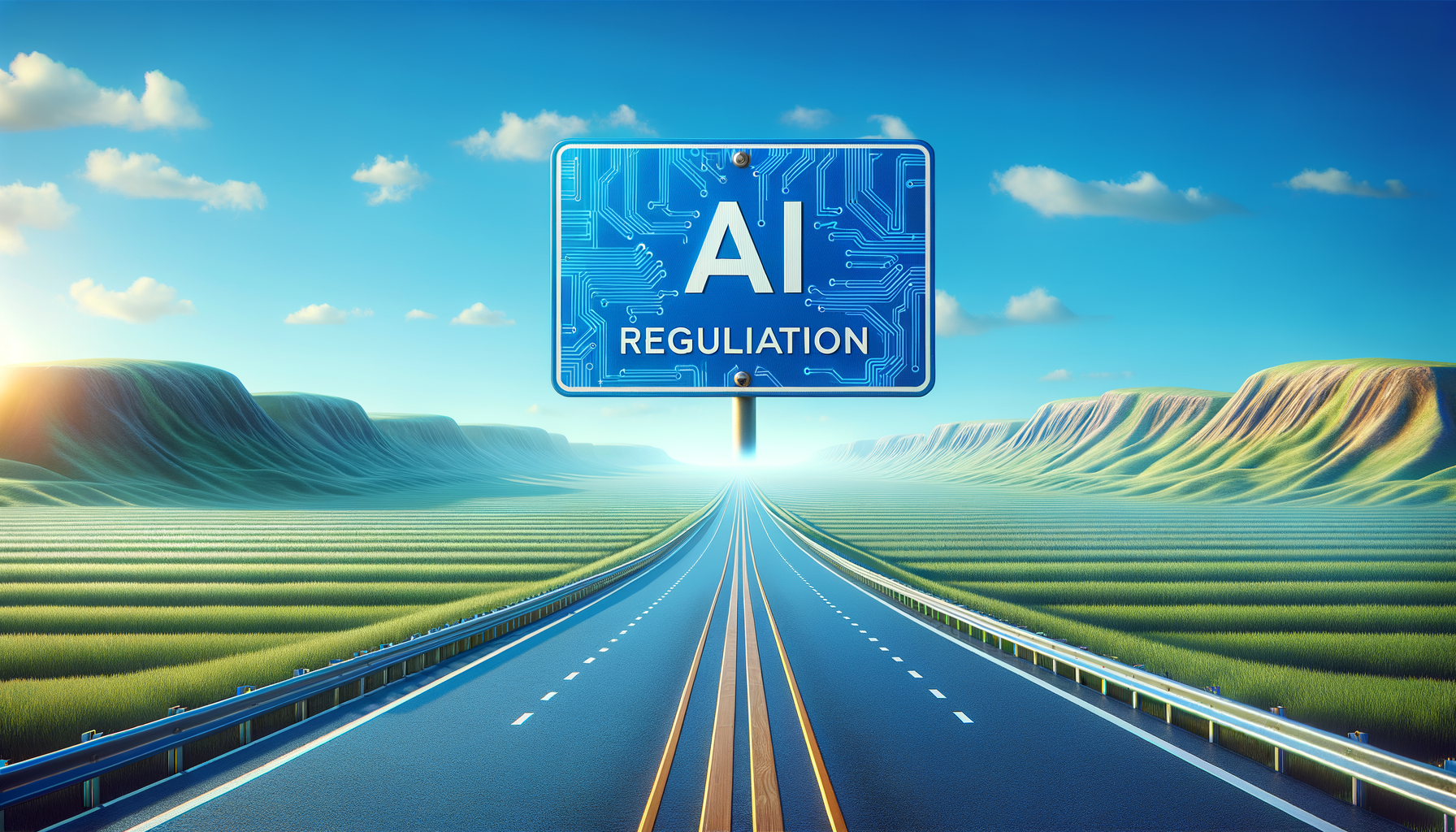
Smart AI Regulation: The Key to Balancing Innovation and Governance
In the rapidly evolving landscape of Artificial Intelligence (AI), the importance of smart regulation cannot be overstated. As businesses increasingly incorporate AI into their operations, the need for a regulatory framework that both encourages innovation and provides adequate protections against risk is becoming more critical. In this blog post, we will explore how smart AI regulation can help strike this delicate balance and what businesses need to know to navigate the waters of AI governance effectively.
The Role of AI Regulation in Modern Business
AI technologies have the potential to revolutionize industries, automating processes, providing insights from big data, and enhancing customer experiences. However, with great power comes great responsibility, and the unchecked use of AI can lead to unintended consequences, such as privacy breaches, biased decision-making, and even security vulnerabilities. This is where AI regulation comes into play, providing guidelines that help businesses leverage AI’s benefits while mitigating its risks.
Understanding the Current Regulatory Landscape
The regulatory landscape for AI is a patchwork of industry-specific guidelines, national regulations, and international frameworks. Some regions, like the European Union, are at the forefront of establishing comprehensive AI regulations with the proposed AI Act, which aims to create a unified approach to AI governance. In contrast, other regions have a more laissez-faire approach, focusing on self-regulation and industry-led standards.
Key Principles of Smart AI Regulation
For AI regulation to be considered ‘smart,’ it must adhere to several key principles:
- Flexibility: Regulations should be adaptable to the rapid pace of AI development, allowing for adjustments as technology evolves.
- Transparency: Clear guidelines on how AI systems make decisions and use data are essential for building trust among users and stakeholders.
- Accountability: There must be mechanisms in place to hold businesses and developers accountable for the AI systems they deploy.
- Fairness: AI regulation should ensure that AI systems do not perpetuate biases or discrimination and are accessible to all.
- Security: Robust security measures are necessary to protect AI systems from malicious use and to safeguard sensitive data.
Implementing AI Regulation in Your Business
Companies looking to integrate AI into their operations must stay informed about the relevant regulations and ensure compliance. This might involve investing in legal expertise, training, and technology to monitor and audit AI systems. Resources such as books and guides can be invaluable for businesses navigating these complex waters. Here are a few recommended reads available on Amazon:
- The Ethics of AI: An exploration of the ethical considerations and potential guidelines for responsible AI development and use.
- AI Law and Policy: A comprehensive guide to the legal aspects of AI, helping businesses understand the regulatory environment.
- AI Security Handbook: A practical manual for securing AI systems and ensuring compliance with security-related regulations.
Conclusion: The Future of AI Regulation
As AI continues to permeate every aspect of business and society, smart regulation will play a pivotal role in shaping its future. By implementing regulations that are flexible, transparent, accountable, fair, and secure, governments and industries can foster an environment that encourages innovation while protecting businesses and consumers from unnecessary risk. The key to success will be a collaborative effort between policymakers, technologists, and business leaders to create regulations that adapt to the ever-changing AI landscape.
Businesses that proactively engage with the regulatory process and invest in understanding and implementing smart AI governance will be well-positioned to thrive in the AI-driven economy. As we move forward, staying informed and adapting to new regulations will be essential for harnessing the power of AI responsibly and effectively.
For more insights into AI regulation and its impact on businesses, stay tuned to our blog for updates and expert analysis.